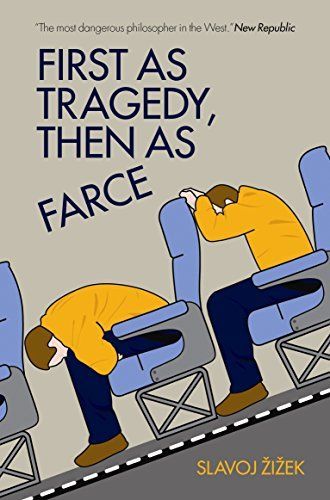
Reviews
S@sjsanc
Donald@riversofeurope
Sebastian Leck@sebastianleck
Mher Alaverdyan@mhermher
Tuago@iagomr
James Miller@severian
Cal Desmond‐Pearson@social-hermit
Jack Hartgrave@cyberbullydad
Rjyan C Kidwell@secswell
Lily@variouslilies
Stijn C@stijnc
Frederik Van den Bril@frederikvandenbril